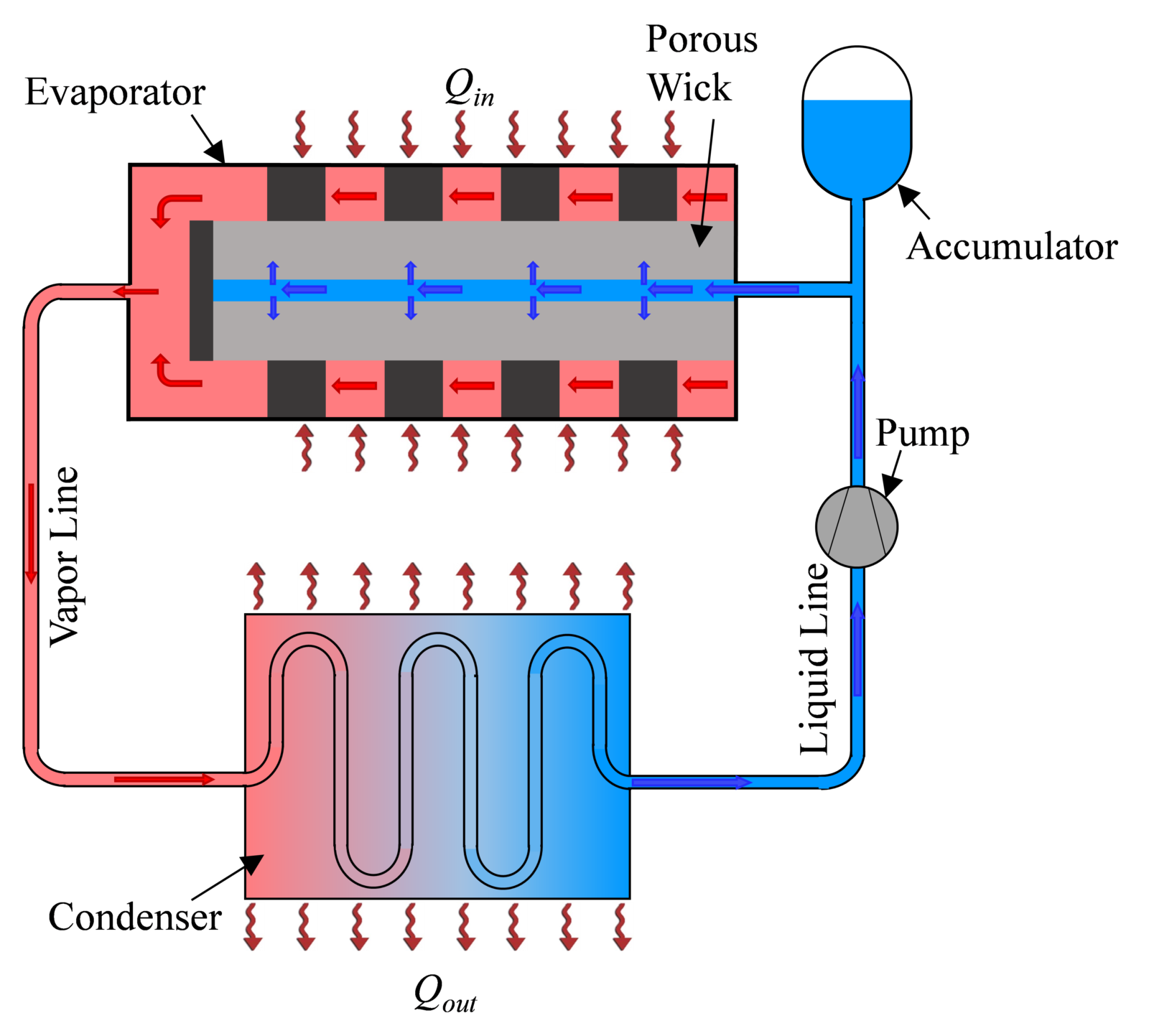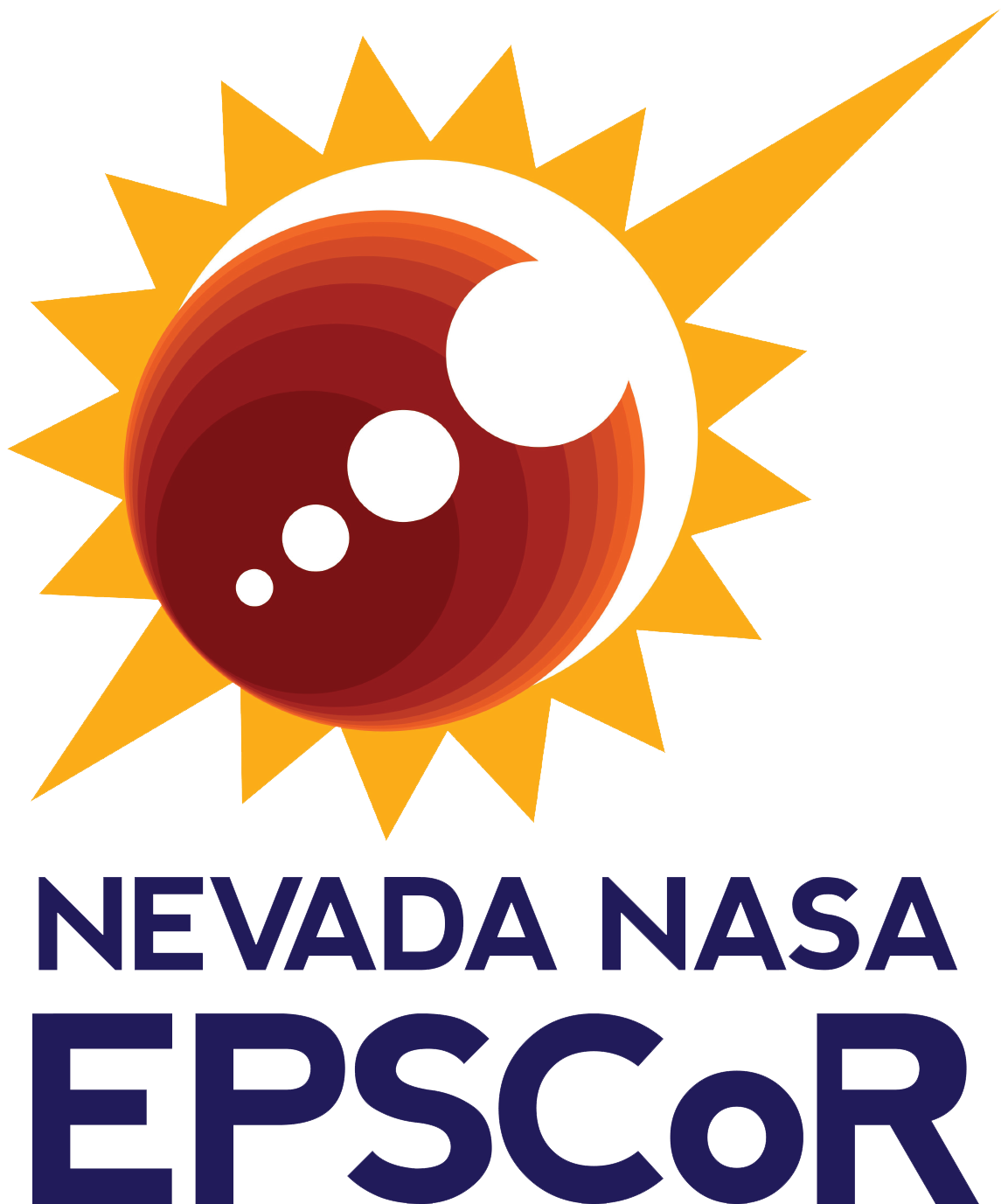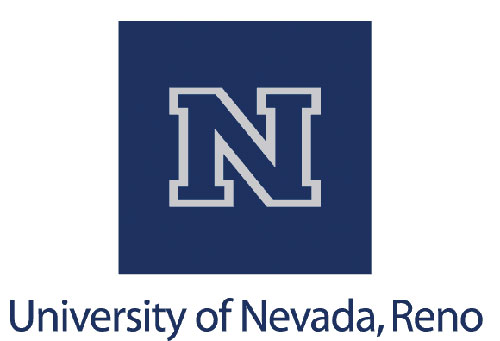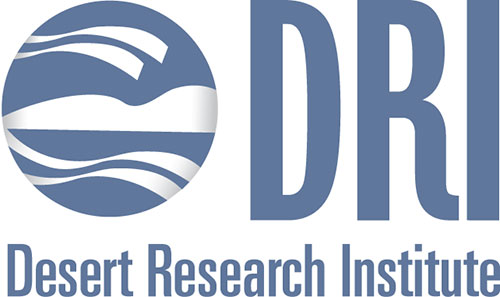


NV NASA EPSCoR Highlight
Advanced Transport Technologies for NASA Thermal Management/Control Systems
Science PI: Miles Greiner (University of Nevada, Reno); Co-PIs: Kwang Kim (University of Nevada,
Las Vegas), Ted Plaggemeyer (Truckee Meadows Community College), and Jackson Crews (Desert Research Institute); NASA Technical Monitor: Eric Sunada (Jet Propulsion Laboratory)
The goal of this research is to develop reliable, light-weight, low-power thermal management systems to precisely control the temperatures of critical NASA electronic systems. This research is developing a high-performance, two-phase mechanically pumped fluid loop (2φMPFL; Figure 1) to maintain the temperatures of several components within precise limits, even if their heat generations vary greatly.
The 2φMPFL system can deliver the energy collected to fuels or other components that require it with minimal temperature difference between the source and sink, even when those components are relatively far apart.
This technology will enable NASA to meet its science objectives by achieving a precise spatial and temporal temperature stability. An example system requiring advanced thermal control is the Surface Water Ocean Topography (SWOT) project, which is designed to acquire precise measurements of land hydrology and ocean circulation. The resulting data will help generate a global assessment of surface water resources and detailed ocean process mapping that can be used for climate modeling.
Ongoing research efforts include (a) studying two-phase fluid flow in porous media to develop and benchmark computational fluid dynamics (CFD) simulation tools, and (b) developing a scalable, performance-effective technique to enhance the steam-condensation heat-transfer rate and critical heat flux limit.
This material is based upon work supported by the National Aeronautics and Space Administration under Grant/Contract/Agreement No. NNH15ZHA003C issued through the Nevada NASA EPSCoR program.




